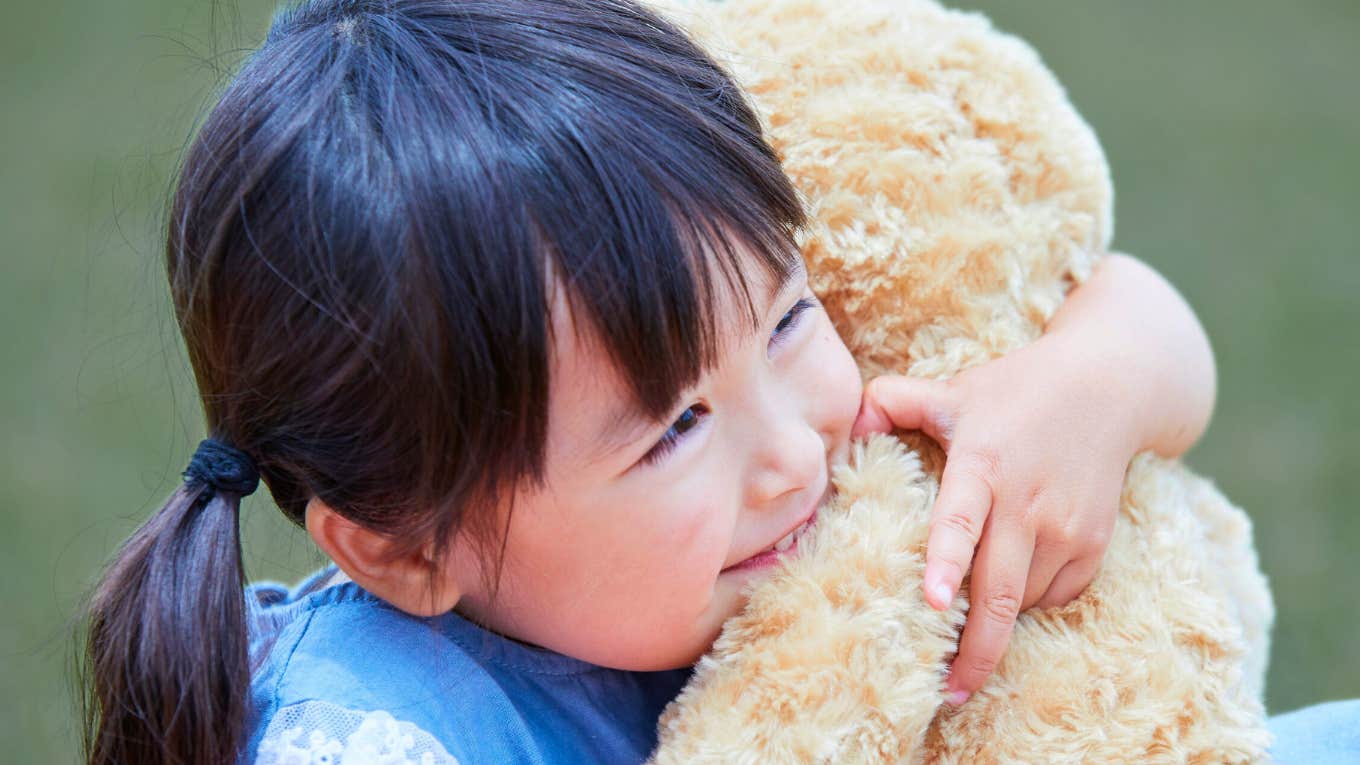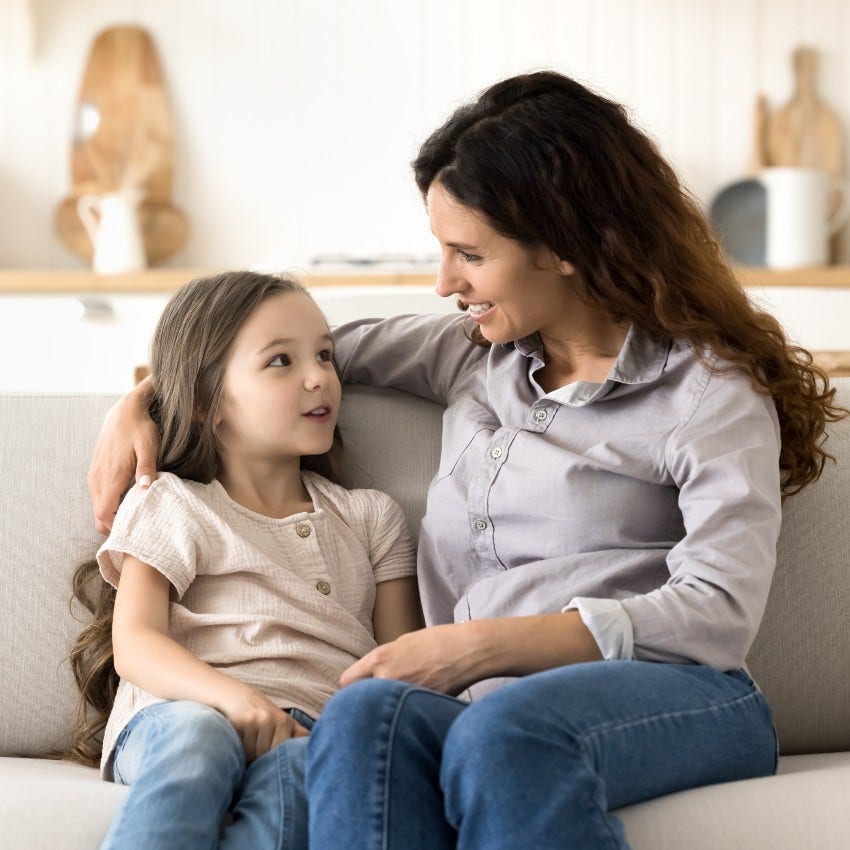The Art Of Raising Good Humans: 2 Lessons About Love That'll Help Your Kids Avoid Years Of Heartache
Good parents don't just teach manners — they teach love.
 Aflo Images | Canva
Aflo Images | Canva As loving parents, you want to prepare your children for some of the most rewarding and joyful aspects of life. That includes teaching them about love and relationships.
But just like many other aspects of life, love and relationships can be completely blissful at one moment and drastically heartbreaking in the next. It's important to teach your kids the bittersweet reality of love and relationships so that they can prepare for the best — and the worst — of what's to come.
While no one is ever completely ready for the emotional rollercoaster that is love, at least your kids will have some idea of what their future may hold and the right way to love and respect others.
Author Dr. John Gray, international dating and love life coach Suzanne Muller-Heinz, divorce/breakup coach, Lindsey Ellison, and emotional intelligence coach Renee Jain discuss the most important love and relationships lessons your kids should know.
Here are two lessons about love that'll help your kids avoid years of heartache:
1. Love yourself first
Be comfortable with who you are. Love all that you are. You are a wonderful person and deserve to be on this Earth, no matter what fears, insecurities, and judgmental people are telling you otherwise. While falling in love with someone is a wonderful life experience, you don't need that person to be the best you can be.
Lindsey Ellison also urges kids "to not have to find someone else to complete them. As long as they love who they are, they don't need completing."
This is achieved by parents modeling self-compassion and positive self-talk, showing unconditional love, and focusing praise on effort and progress instead of just results, one study found. When children are encouraged to value their own thoughts and feelings, they are better equipped to handle stress, set boundaries, and achieve their goals.
When you love yourself first, you're entering relationships from a place of wholeness. This foundation of self-worth becomes their anchor during difficult moments, heartbreak, or peer pressure. Kids raised with this understanding are more likely to recognize red flags in relationships early on, advocate for themselves when mistreated, and choose partners who respect and value them rather than settling out of loneliness or fear of being alone.
2. Savor every moment with those you love
 fizkes / Shutterstock
fizkes / Shutterstock
Time is fleeting, and people constantly come in and out of your life, for good and bad circumstances. Appreciate (and make the most out of) every moment you spend with someone you love because life changes happen when you least expect them.
Shared, positive, and attentive moments are like "fertilizer for the brain," supporting healthy brain and social skill development, and fostering a deeper, more secure attachment. Experts recommend engaging with your child in ways that create positive emotional connections, like through eye contact, touch, and warm conversation.
Your child internalizes these experiences as evidence that they are worthy of attention, that their feelings matter, and that love shows up as presence. This foundation becomes their blueprint for relationships. Later, when they're navigating romantic connections or friendships, they'll unconsciously seek out partners and people who offer this same quality of attentiveness because it feels like home to them.
YourTango is a purpose-driven publisher focused on love, relationships, emotional wellness, and self-empowerment.

